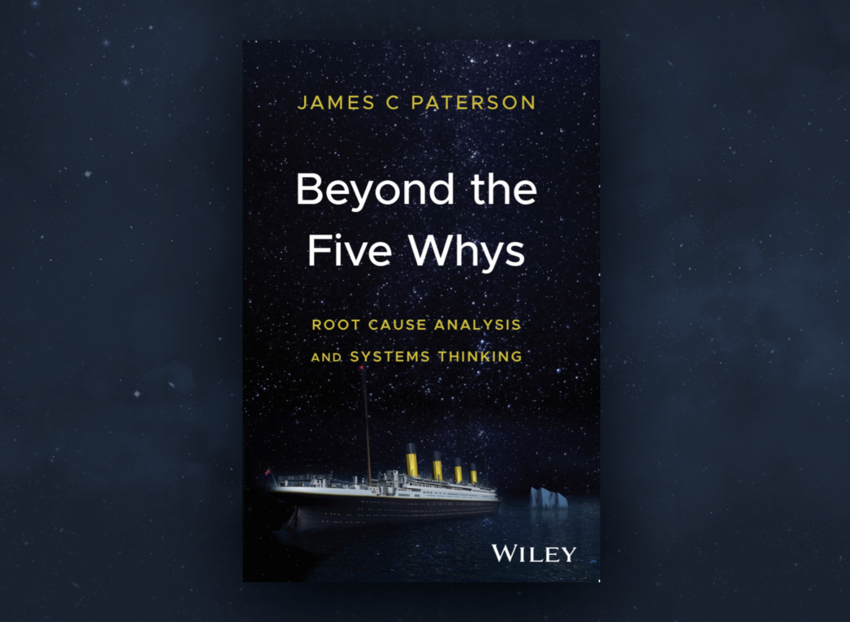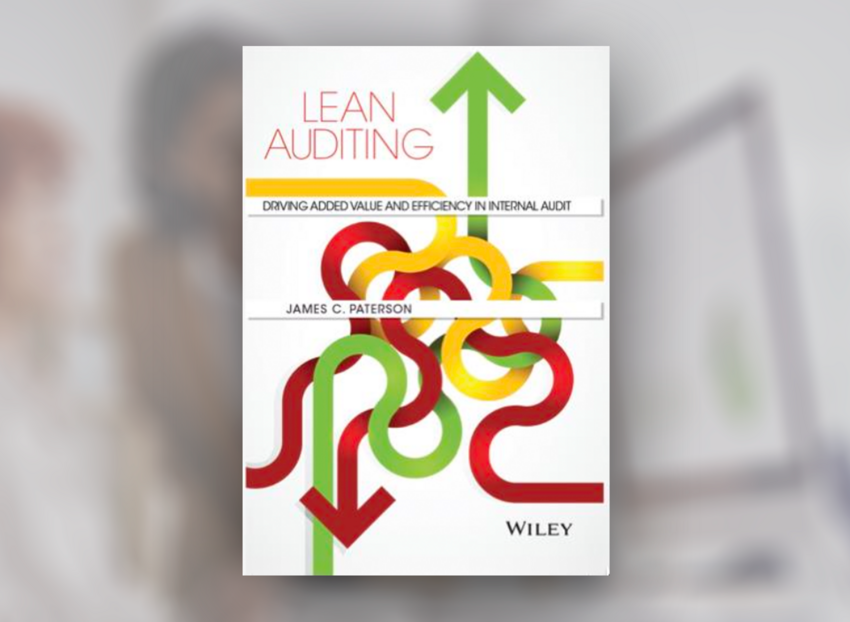Home

Our Founder
James Paterson
James was formerly Chief Audit Executive for AstraZeneca PLC from 2002 - 2009. He has worked in a range of other corporate and commercial finance roles, including Head of Group Financial Reporting and Director of Global Leadership Development programmes.
He has been a consultant, trainer and business coach since 2010.
After working on a Masters Degree In Management - he was seconded into HR to be head of Global Leadership Development programmes for several years.
Root Cause Analysis & Culture
Getting to the underlying reasons why things can go off track and understanding the behavioural, 'human factors' that are involved.
Governance & Risk Assurance
Focusing on both accountabilities and how to ensure certainty to within defined tolerances.
Leadership & Political Savvy (Coaching)
Developing an authentic style that is able to identify and adapt to political realities.
Internal Audit
Ranging from internal audit team effectiveness to more tangible good practices including lean auditing.
Other/Miscellaneous
A range of support and training options are available to Audit Committees and teams working in Governance, Risk and Compliance, and Risk Assurance/Control.
Beyond the Five Whys: Root Cause Analysis & Systems Thinking

What our readers say...
Through clear explanations and real-world examples, readers will learn how to systematically identify root causes and develop effective solutions that address the underlying problems. This book is a valuable resource that professionals can read and start to apply to improve their problem-solving skills and make a positive impact within their…
Sandeep Das, Head of Internal Audit, St John Ambulance
James uses a combination of real-life stories and best practice insight to present a practical approach to root cause analysis that will help shift your mindset to unleash the power of being more curious.
Damian Finio, CFO Phibro Animal Healthcare Corporation
James Paterson, a former Chief Audit Executive, tackles a topic of immense importance across all organizational sectors. The book also includes practical guidance from leaders in business, risk and audit.
Nancy Haig, CIA, CBA, CFE, CRISC, Principal – PIAC LLC
As the world becomes ever more complex and fast paced it is imperative that we become outstanding at learning from experience. Somehow, we must get beyond blame and shame when examining why things go wrong. Otherwise, we will just repeat, and probably make bigger mistakes.
Andrew Pal, CEng, FIMechE, Leadership Coach and Organisation Consultant
Lean Auditing: Driving Added Value & Efficiency in Internal Audit
What our readers say...
I found the workshop that James delivered to be very helpful and very informative and think that it will benefit us all moving forward.
Private
Bring him back every year – Root Cause Analysis next time please. He is fantastic! Very engaging and easy to listen to, fabulous presenter. Fantastic! I would like to see him back! Bring him back next year! He was great! Excellent job at engaging the crowd and keeping it relevant. Excellent, high energy presenter, very…
Private
The workshop content and delivery was excellent, for both a refresher for experienced staff and for new comers. I would have no hesitation in recommending the course.
Private
Sessions are always engaging with James. James has a very good delivery style and keeps you engaged in the topic being presented. He is also very good at engaging with individuals in getting points of understanding. Good pace and discussion.
Private
Many of our delegates have attended the CIPFA Audit Conference for a number of years, making them a very discerning and often hard-to-please audience. James’s session on the challenges facing head of internal audit today was described by many attendees as one of the best of the conference, particularly in terms…
Rikki Ellsmore, CIPFA





